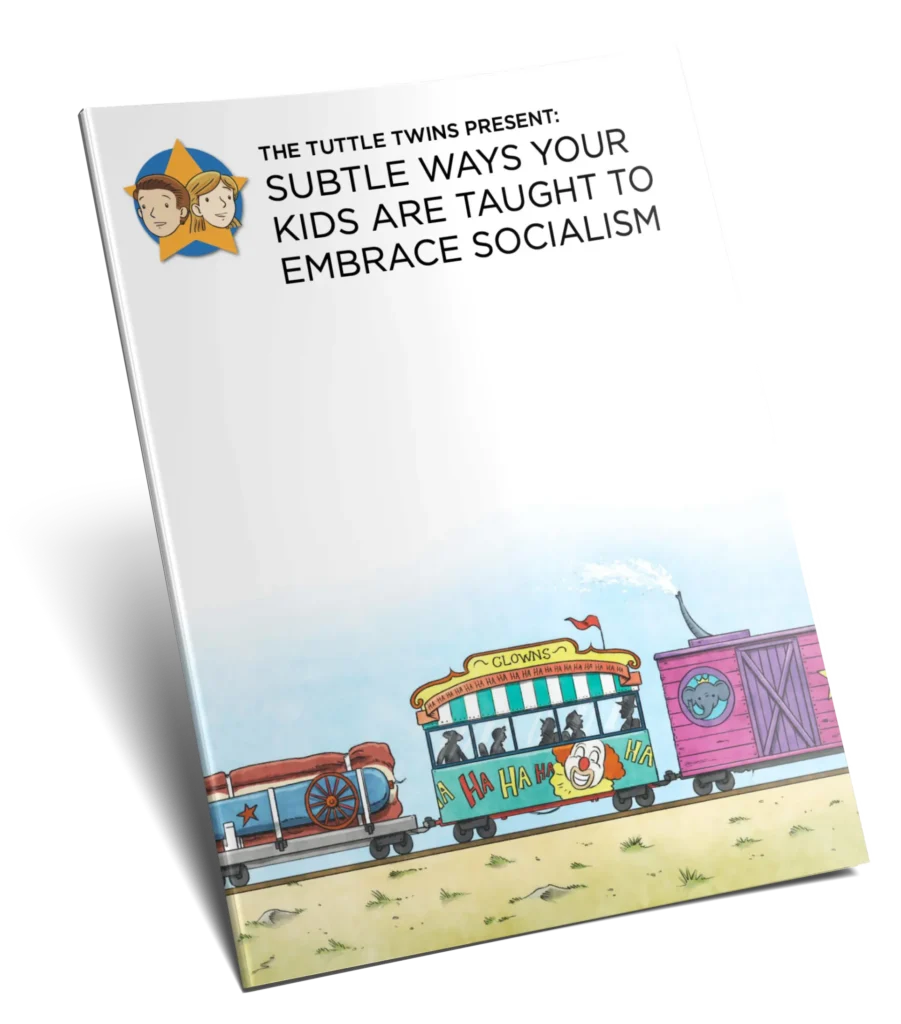
Ever heard about the time the government caused an infestation of black-market cobras? (Bonus: it’s a lesson opportunity to teach free-market economics!)
It all started back when India was under British rule. Largely comprised of uninhabited jungle, the country happened to contain a large population of cobras.
I don’t know if you’ve ever encountered one, but cobras are pretty scary. They’re huge, they have menacing black hoods that spread when threatened, and their venom is notoriously deadly.
(According to the internet, anyway. Fortunately, I’ve never had to encounter one myself…)
In the wild, they weren’t too much of a problem, so long as people kept their distance. But as trade and opportunity increased, Indian cities expanded into formerly wild spaces — as with the city of Delhi — and the cobras posed an increasing problem in residents’ daily lives.
So, the British decided to declare war on the snakes. The Empire offered local residents a bounty for each cobra skin presented to the authorities.
At first, large numbers of dead cobras were brought in. The measure seemed to be working. Surely, more dead cobras meant less live ones menacing the public! Everything looked like a success.
That is, until government intentions met market consequences.
You see, once locals realized they could make a pretty solid buck (or pound, I should say) by hunting cobras for their skins, everybody wanted a piece of the action. But eventually, the cobras started running out — even though the bounty was still in place.
It wasn’t long before people realized they could keep making money off their rulers… if they could only find a way to get a hold of more snake hides. Thus, people started intentionally breeding the deadly snakes, and the cobra husbandry business of India was born.
The British started to smell that something was off when the cobra bounty numbers started looking awfully high, so they ended the reward.
But by that point, the cobra market had already started ticking. The cobra supply was catching up to the government incentive. And when phony demand was cut off overnight, these farmers did what any rational person housing now-worthless venomous snakes would do: they let them go.
This, of course, caused a resurgence in the cobra population that surpassed pre-bounty numbers. Delhi was terrorized by cobras in even greater numbers than before the government got involved.
These days, this story is best recognized as the “cobra effect.” It’s used everywhere from the business world to psychology lectures to illustrate the idea of unintended consequences and perverse outcomes.
You’d think that modern governments would heed past examples of unintended consequences when approaching the great “cobras” of our day… like pandemics, privacy, and printing money.
Instead, politicians tend to treat us as guinea pigs for their recurring experiments, regardless of what past attempts have clearly shown.
Physics teaches us that an action has an equal and opposite reaction. The same principle holds true in public policy. For every government measure, no matter how well-intended or nice-sounding it may be, there is a consequence.
For example, when “scary” things (like snakes or guns) are restricted by government policy, they become commodified, and are suddenly valued even more because of the artificial scarcity created by the ban.
The government can try all it wants to enforce its will on the laws of nature, including the laws of the free market… but not without consequences.
I encourage you to share this wacky story of the cobra farmers with the children in your life. It’s a great way to illustrate how nice-sounding government ideas can wreak havoc on daily life.
And when the kids are ready to go deeper in discussion about government-created problems, we have a book for that. The Tuttle Twins and the Messed Up Market takes Ethan and Emily into the wild world of market manipulation and unintended consequences.
Snakes aside, it’s a wild world out there… But the Tuttle Twins team is here to help your kids make some sense of it.
Let’s get reading…
— Connor

